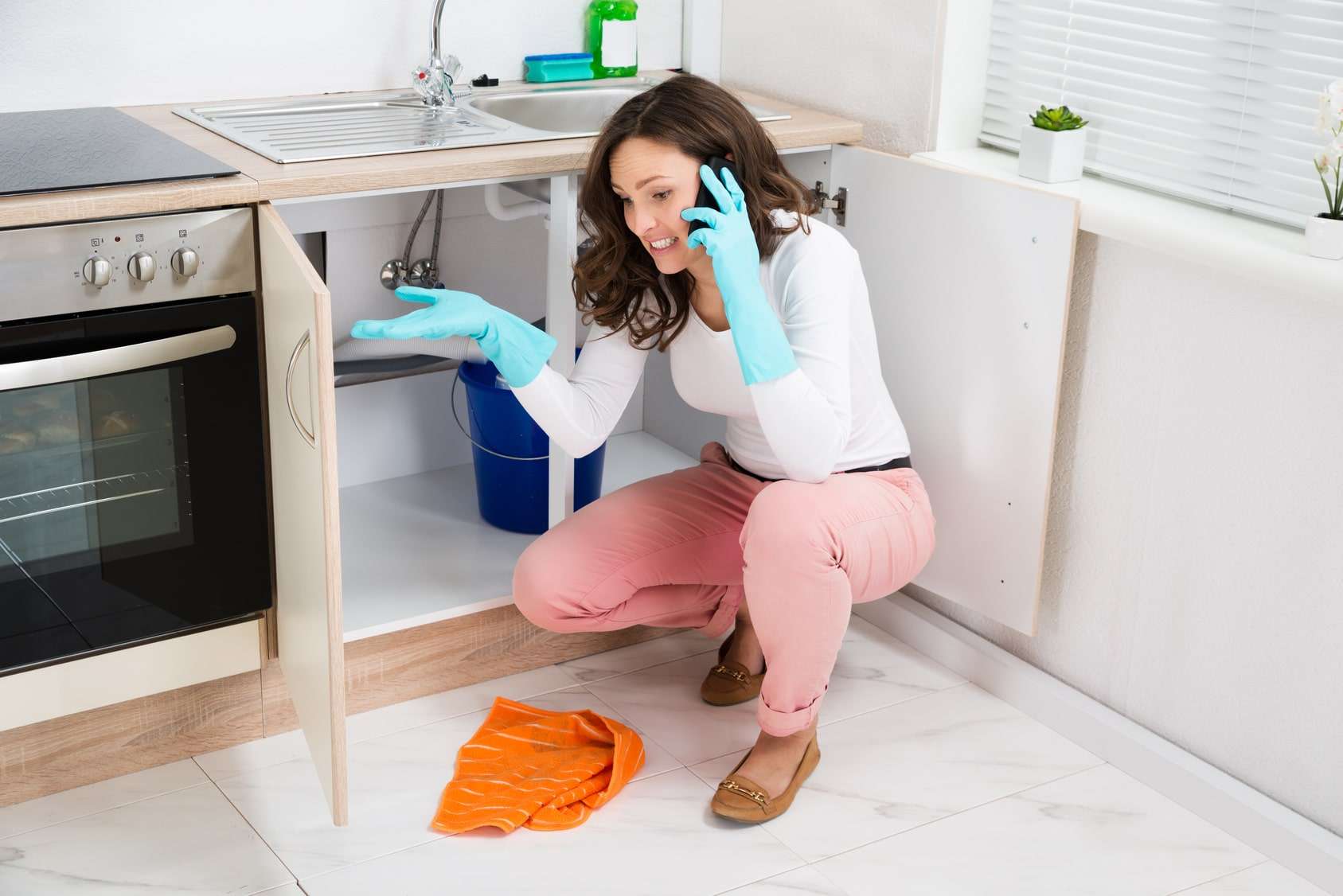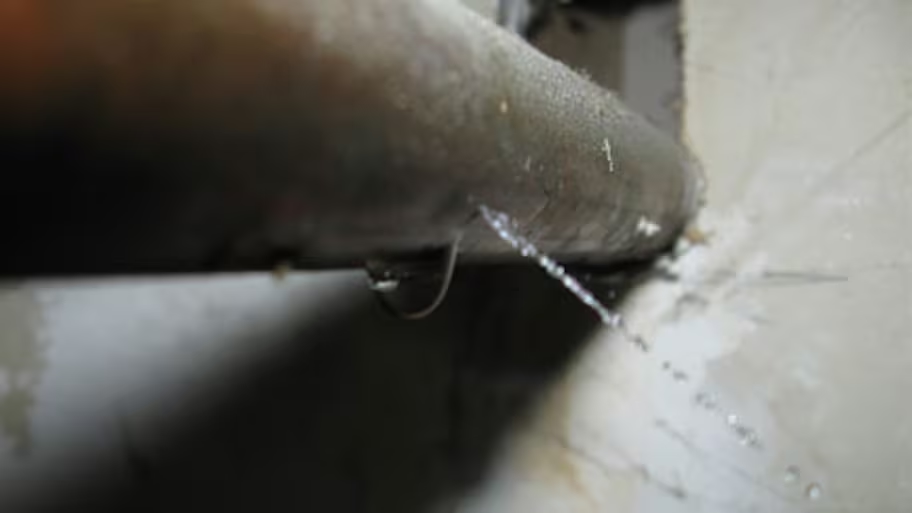Exposing the Main Sources of Leak Problems Within The House
Exposing the Main Sources of Leak Problems Within The House
Blog Article
We've unearthed the article about How Fast Water Damage Can Ruin Your Home down the page on the web and figured it made sense to relate it with you on this page.

Leakages not just create waste of water yet can also trigger unneeded damage to your residence as well as promote unwanted organic development. By comprehending and looking for day-to-day circumstances that cause leakages, you can protect your house from future leaks as well as unnecessary damages.
Instant temperature changes.
Severe temperature modifications in our pipes can create them to broaden and acquire unexpectedly. This development and also tightening might create splits in the pipelines, specifically if the temperature are below cold.
Corroded water systems
As time goes by, your plumbing system ages as well as rust such as rust might start gnawing the pipes. This could be the root cause of discoloration or warping on your pipes. This calls for an inspection with your plumber quickly. Take into consideration changing the pipelines since they are at a higher risk of corrosion than the newer designs if our plumbing system is old.
Defective Pipeline Joints
The factor at which your pipes link is often the weakest web link in the waterline. Pipe joints can wear away gradually, causing water leakages. Regrettably, the majority of pipe joints are not conveniently visible. If you have loud pipelines that make ticking or banging noises, especially when the hot water is turned on, your pipe joints are probably under a great deal of pressure. It is advisable to have your plumber check your system yearly.
Encroaching origins
The majority of water leakages begin outside your house instead of inside it. If you see a sudden reduction in water pressure, say in your faucet, take time to go out and analyze your backyard. You could notice wet spots or sinkholes in your yard, and that may mean that tree roots are invading water lines causing water to permeate out. You can have your plumber check for breach, especially if you have trees or hedges near your building.
Poor Water Connectors
Sometimes, a leak can be brought on by loosened hoses as well as pipelines that provide your devices. More often than not, changing is what causes the loosened water Links. You might locate in the case of a washing machine, a tube might spring a leakage because of drinking throughout the spin cycle. In case of a water links leak, you might discover water running straight from the supply line or puddles around your appliances.
Blocked Drains
Clogged drains pipes might be bothersome and also inconveniencing, yet they can occasionally wind up causing an overflow resulting in break pipes. Maintain eliminating any products that might drop your drains that can clog them to stay clear of such troubles.
All the above are reasons for leaks but not all water leaks arise from plumbing leakages; some leaks might originate from roof leakages. All leaks ought to be repaired promptly to avoid water damage.
Leakages not only cause waste of water however can also cause unneeded damages to your house and also advertise unwanted organic growth. By recognizing and looking for everyday situations that create leaks, you can secure your residence from future leaks and also unneeded damage. Today, we will certainly look at six leakage creates that might be creating your pipelines to drip.
At times, a leak can be triggered by loosened pipes as well as pipes that supply your home appliances. In situation of a water connections leak, you may see water running directly from the supply line or pools around your devices.
How To Check For Water Leak In Your Home
How To Check for Leaks
The average household's leaks can account for nearly 10,000 gallons of water wasted every year and ten percent of homes have leaks that waste 90 gallons or more per day. Common types of leaks found in the home are worn toilet flappers, dripping faucets, and other leaking valves. These types of leaks are often easy to fix, requiring only a few tools and hardware that can pay for themselves in water savings. Fixing easily corrected household water leaks can save homeowners about 10 percent on their water bills.
To check for leaks in your home, you first need to determine whether you're wasting water and then identify the source of the leak. Here are some tips for finding leaks:
Take a look at your water usage during a colder month, such as January or February. If a family of four exceeds 12,000 gallons per month, there are serious leaks.
Check your water meter before and after a two-hour period when no water is being used. If the meter changes at all, you probably have a leak.
Identify toilet leaks by placing a drop of food coloring in the toilet tank. If any color shows up in the bowl after 10 minutes, you have a leak. (Be sure to flush immediately after the experiment to avoid staining the tank.)
Examine faucet gaskets and pipe fittings for any water on the outside of the pipe to check for surface leaks.
Undetected water leaks can happen without the home or business owner even realizing. If you suspect a water leak, but not able to find the source. It is time to contact a professional water leak detection service, The Leak Doctor.
How To Find a Water Leak In Your Home
https://www.leakdoctor.com/blog/How-To-Check-For-Water-Leak-In-Your-Home_AE197.html

I ran across that post about Common Water Leaks In House when browsing the search engines. Do you know another individual who is fascinated with the niche? Please feel free to promote it. I praise you for your time. Don't hesitate to check our website back soon.
No more waits, dial now! Report this page